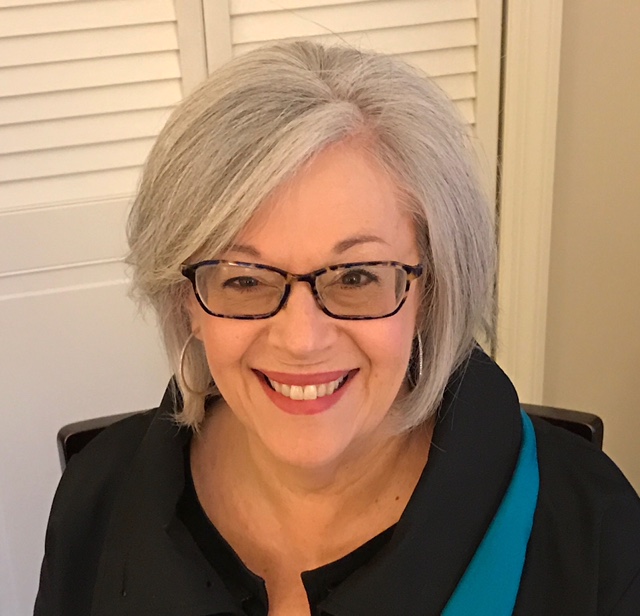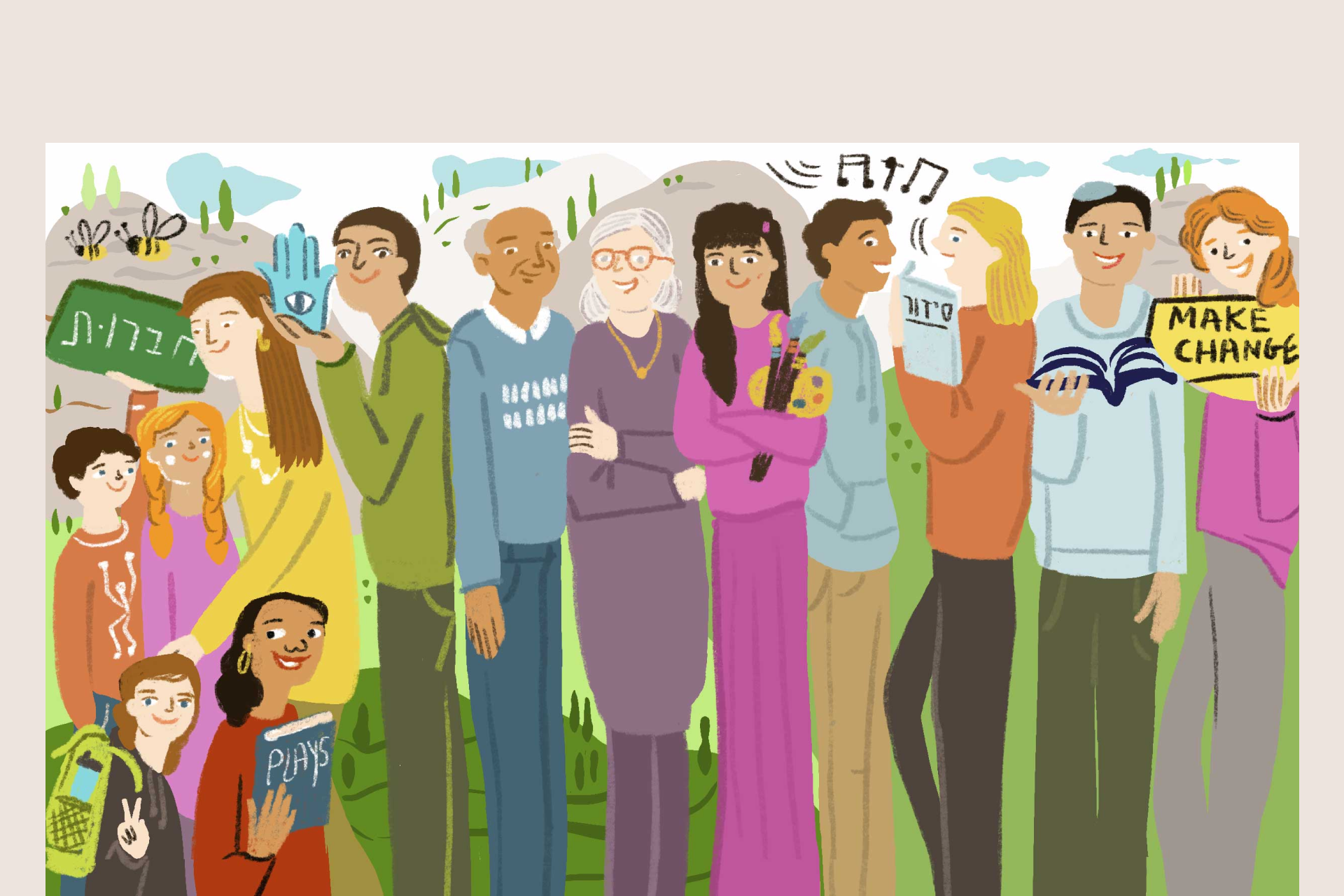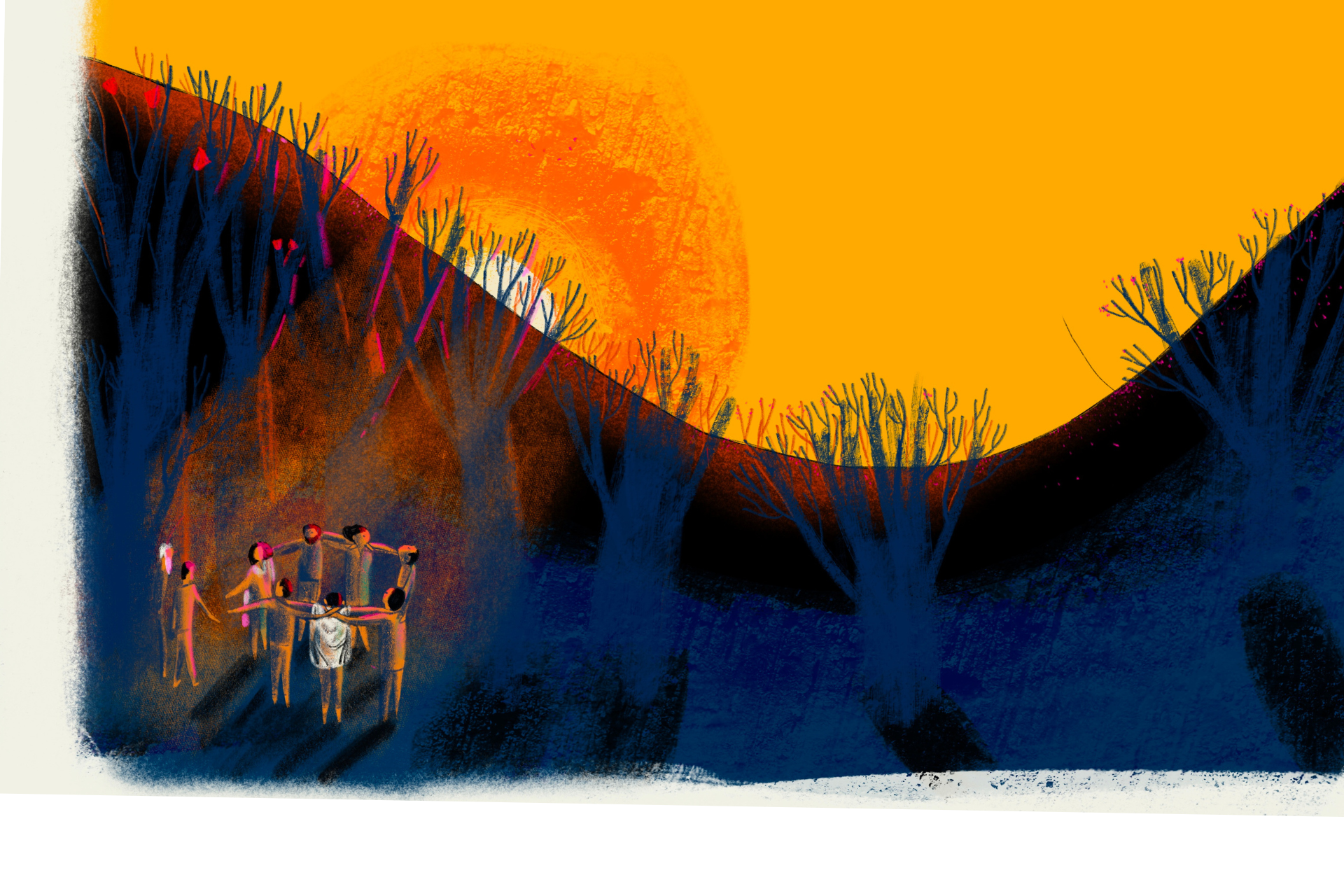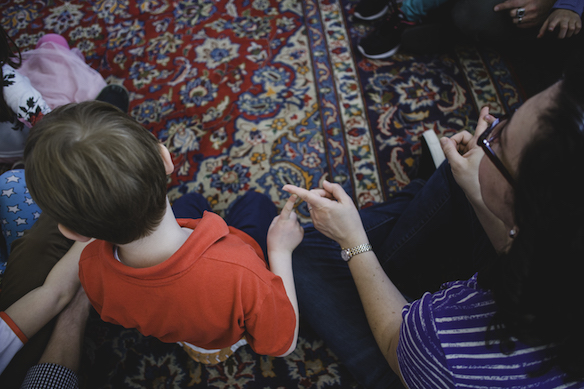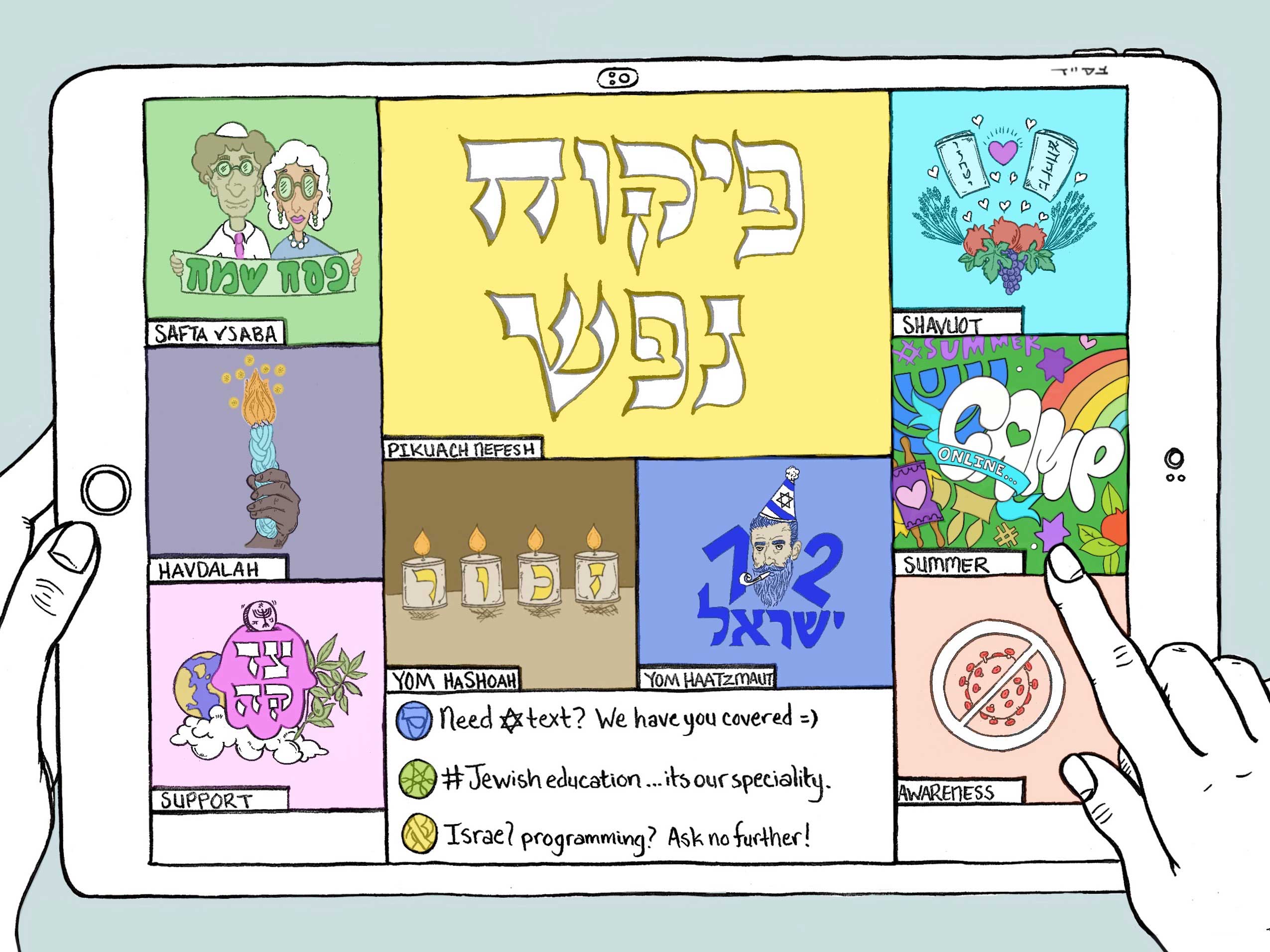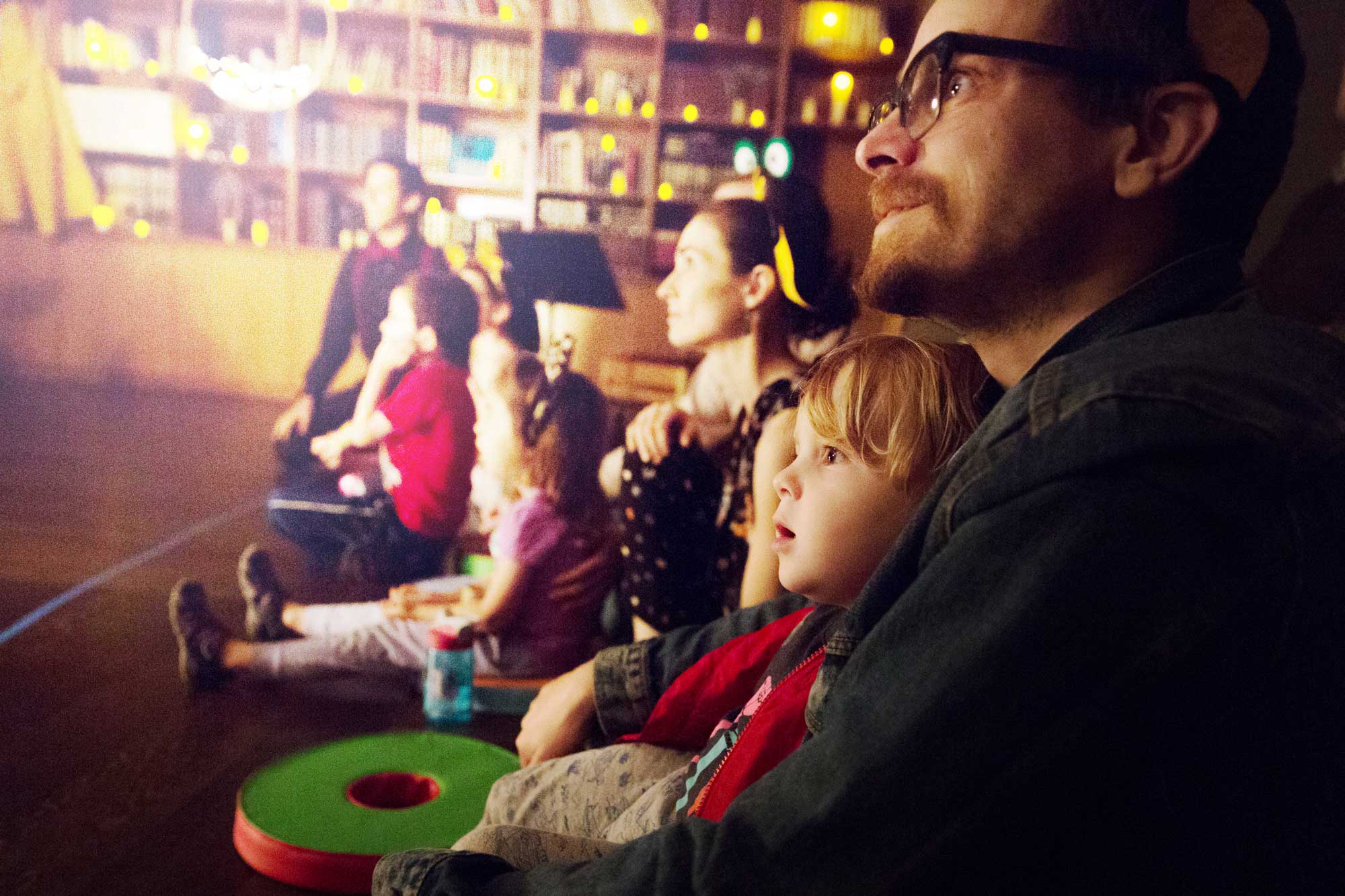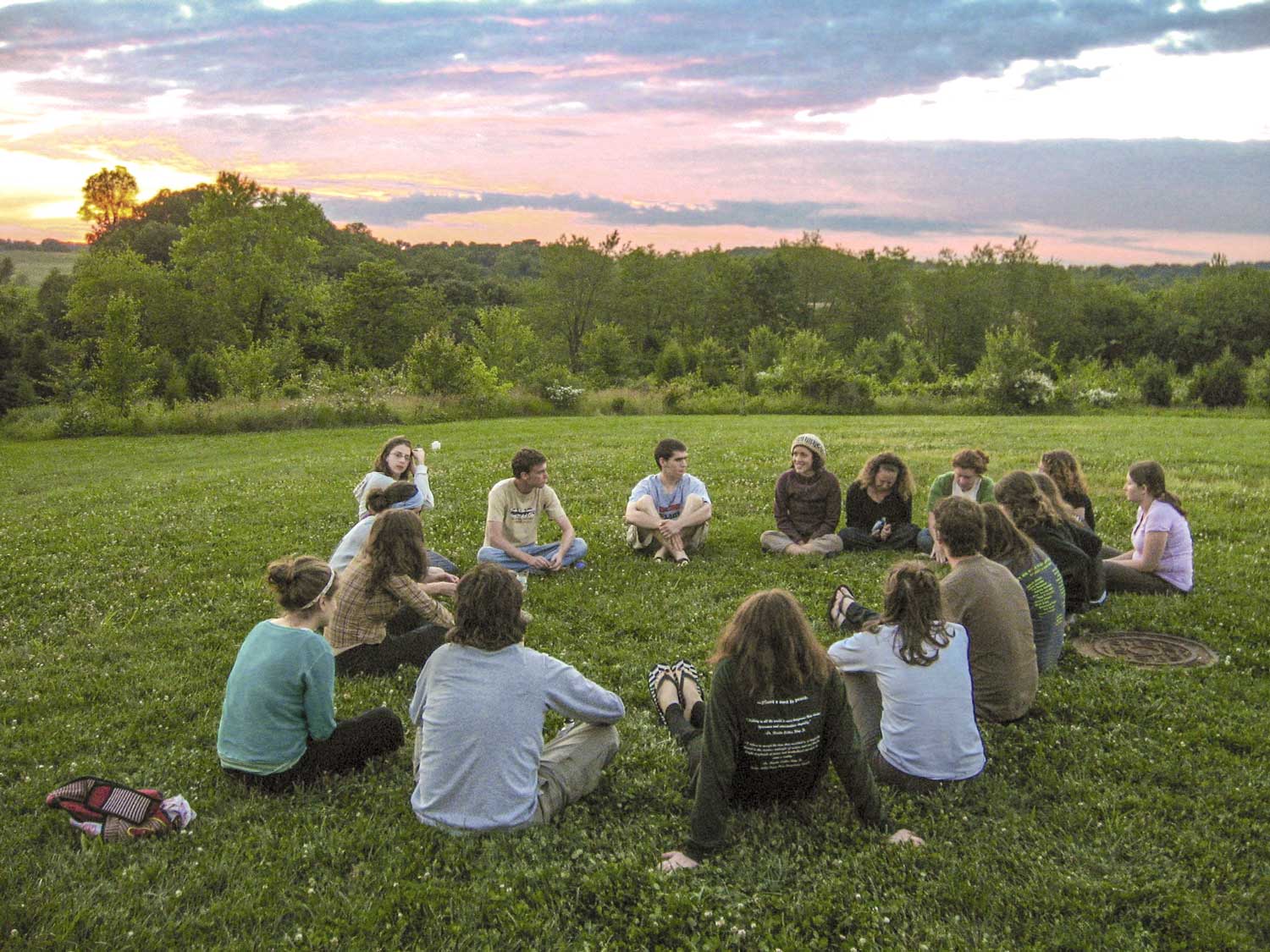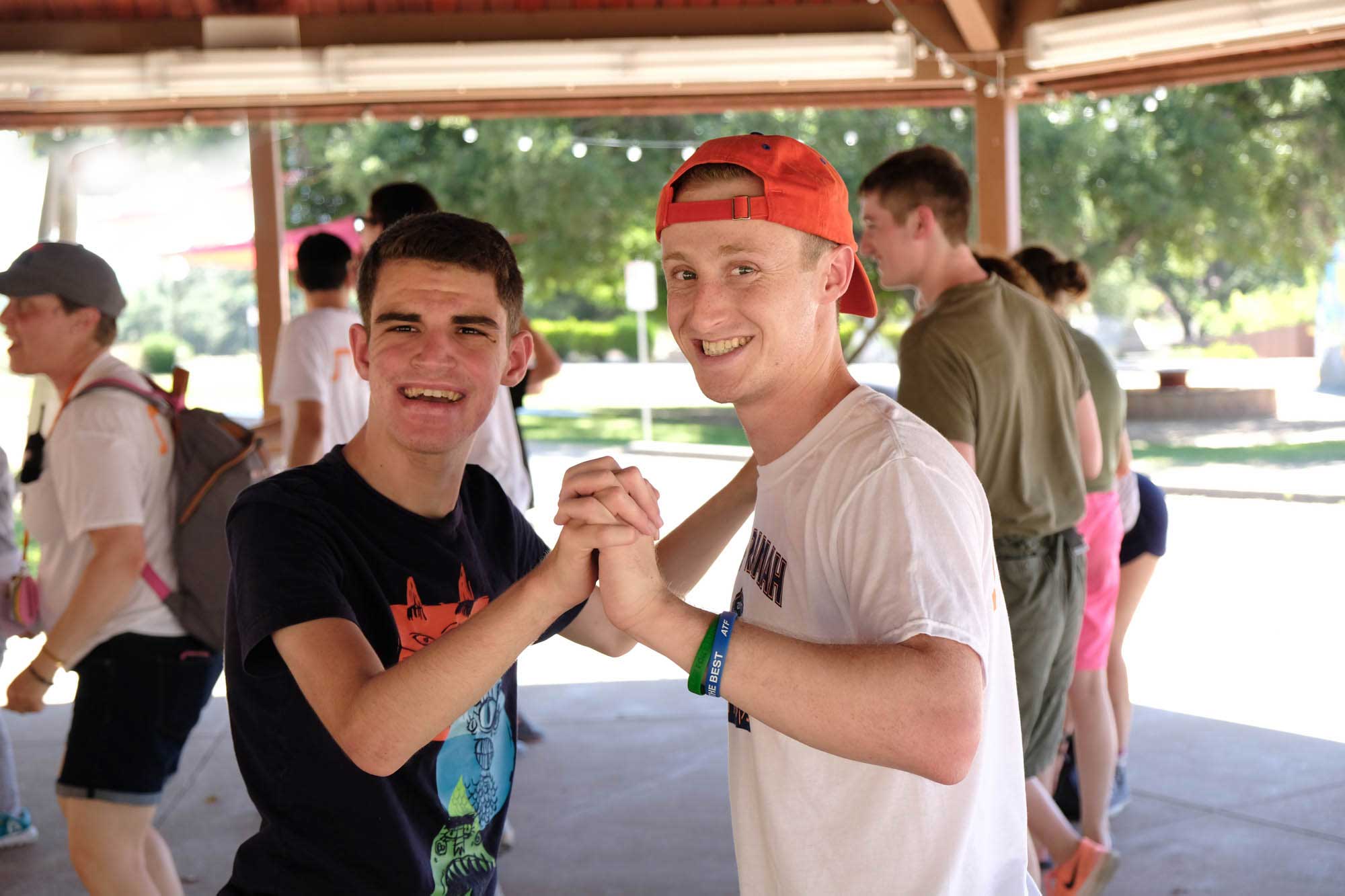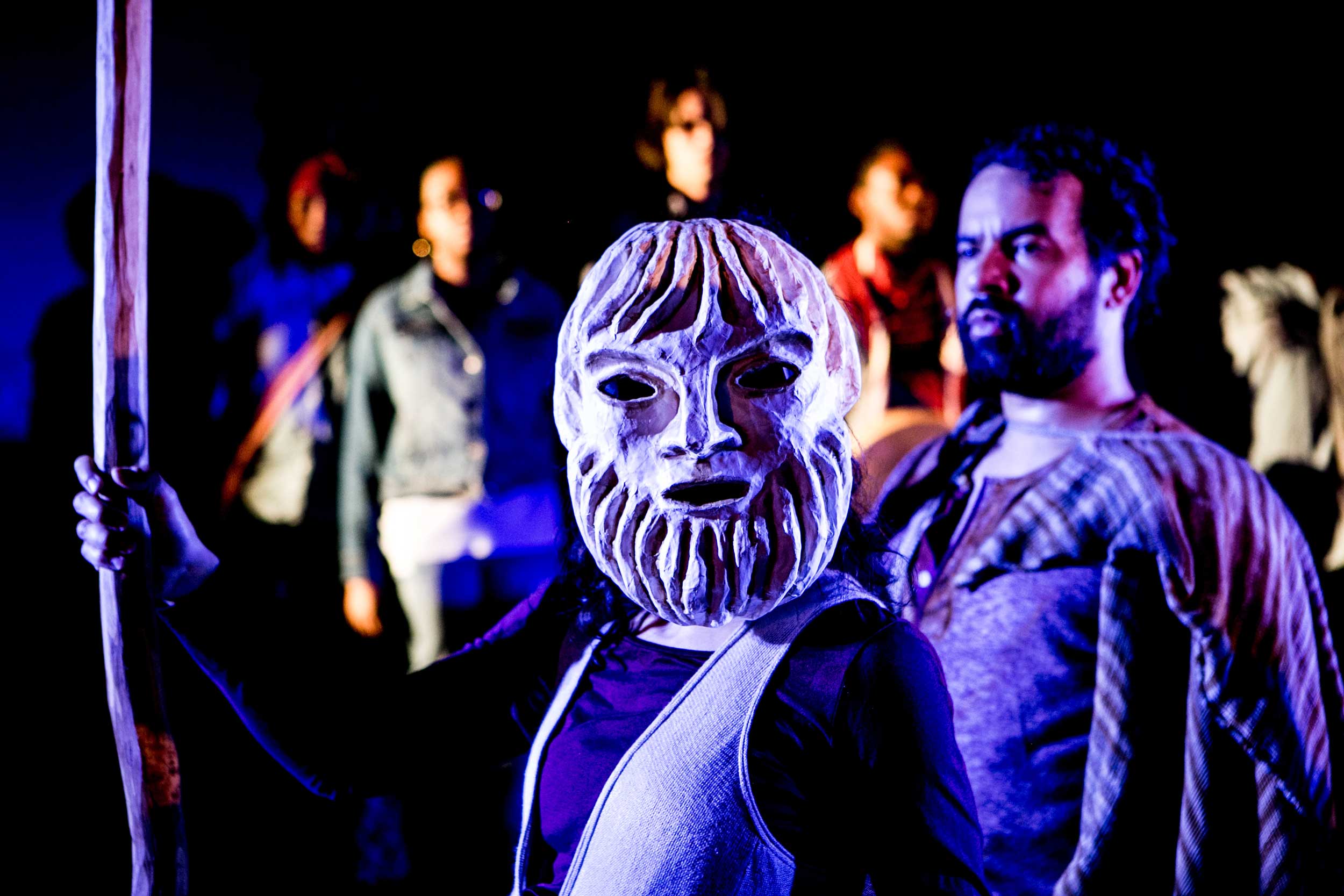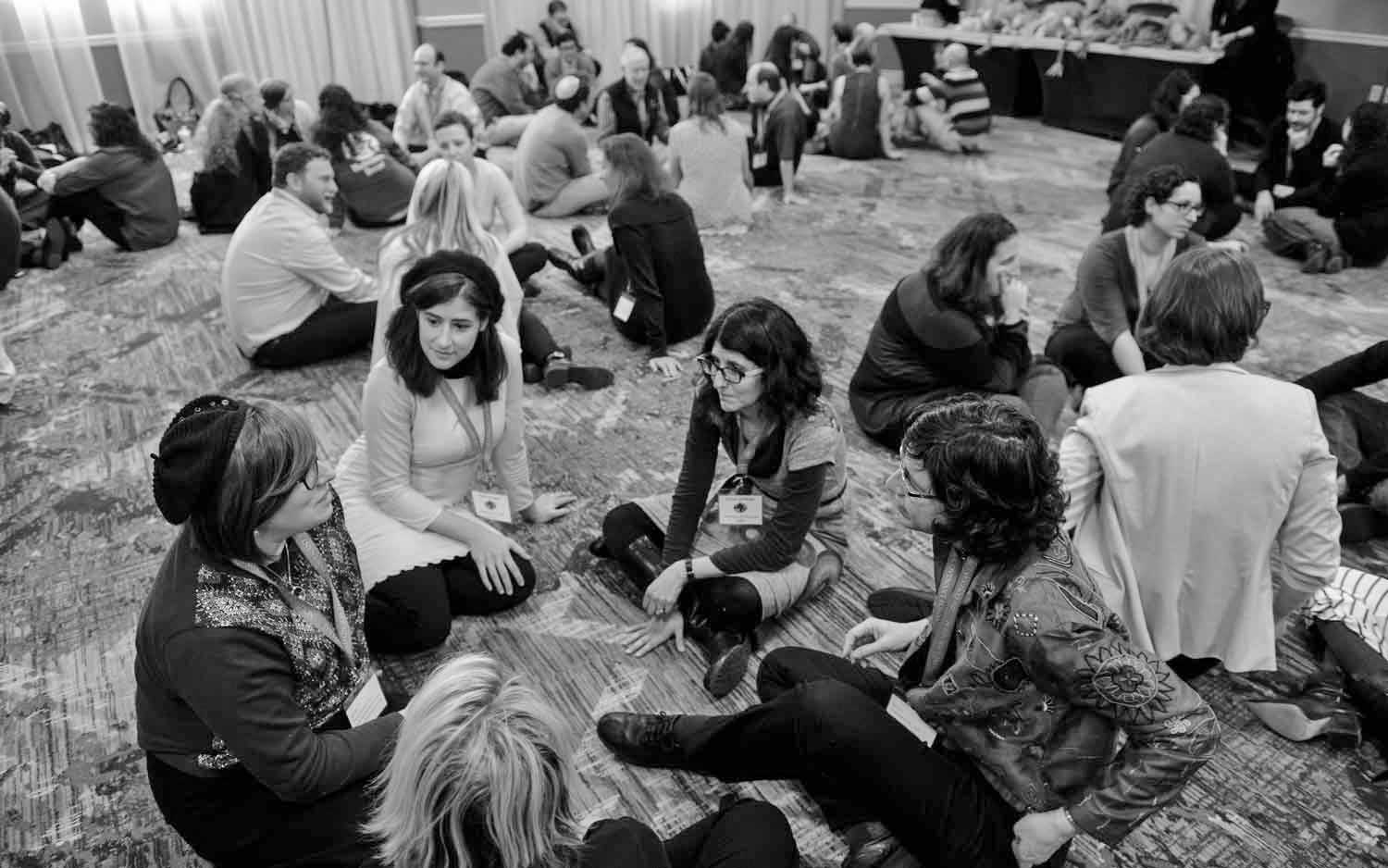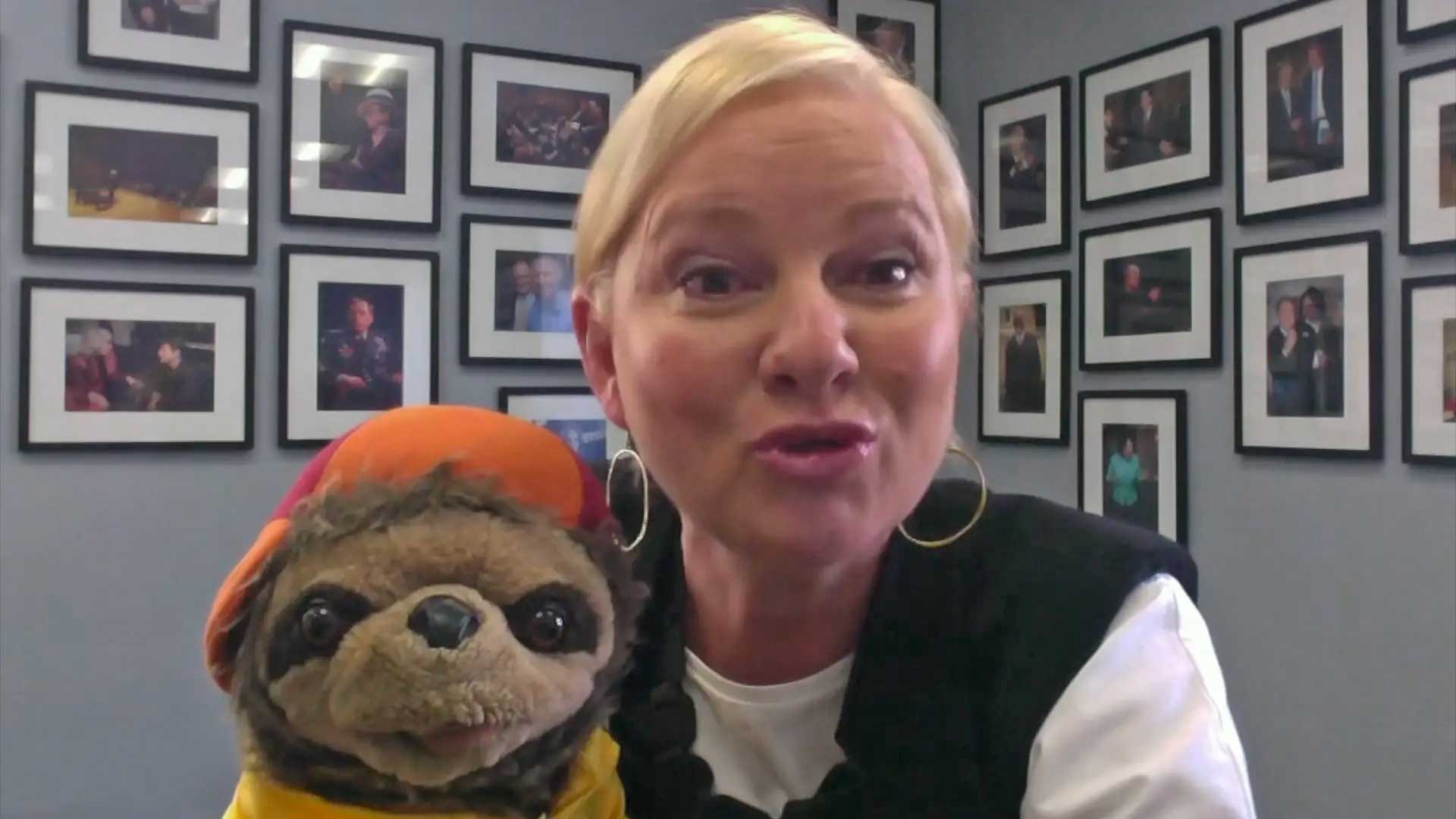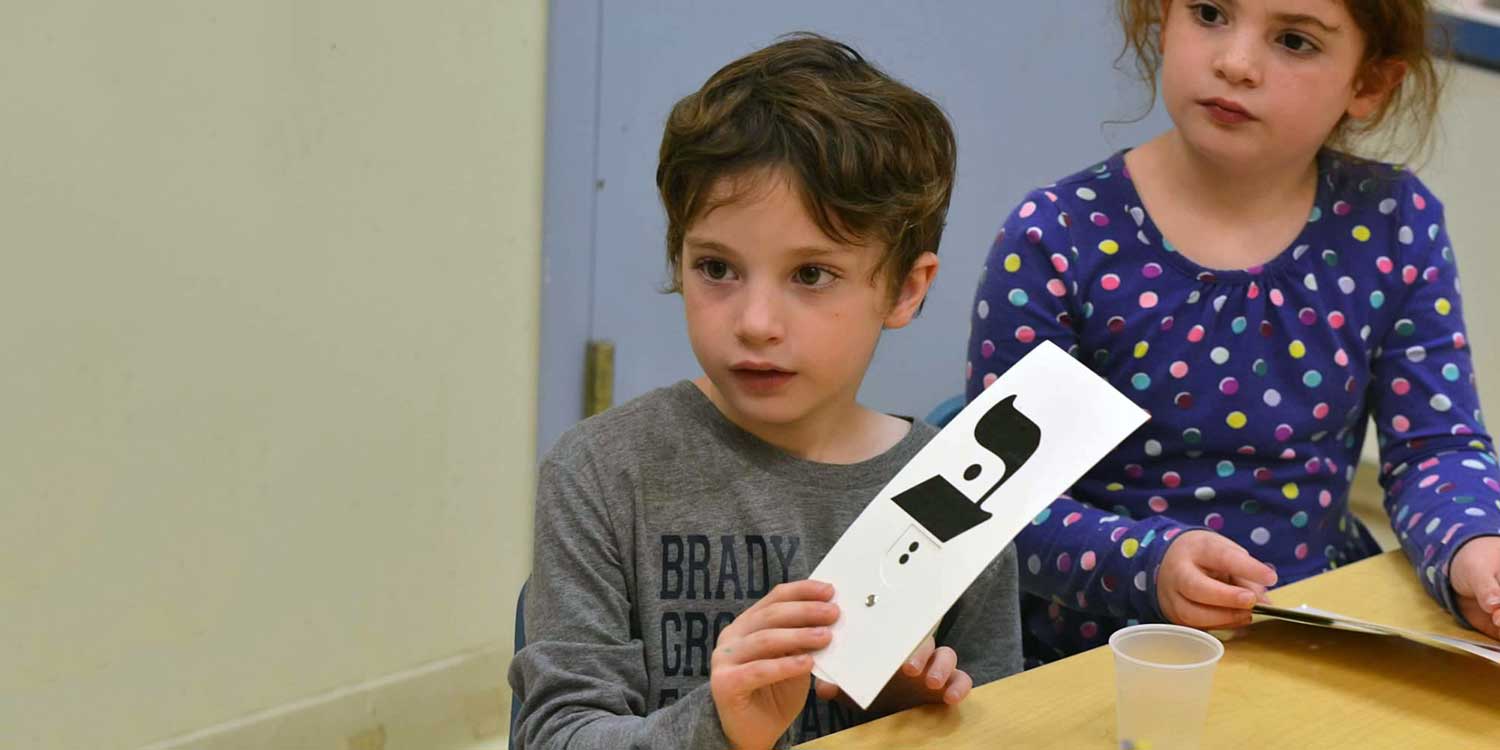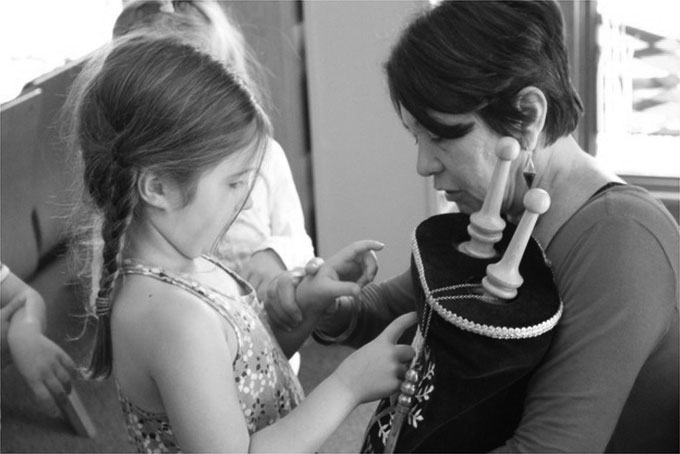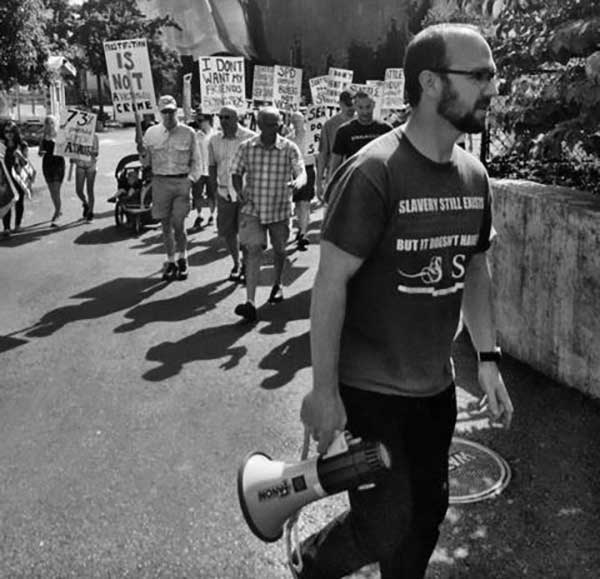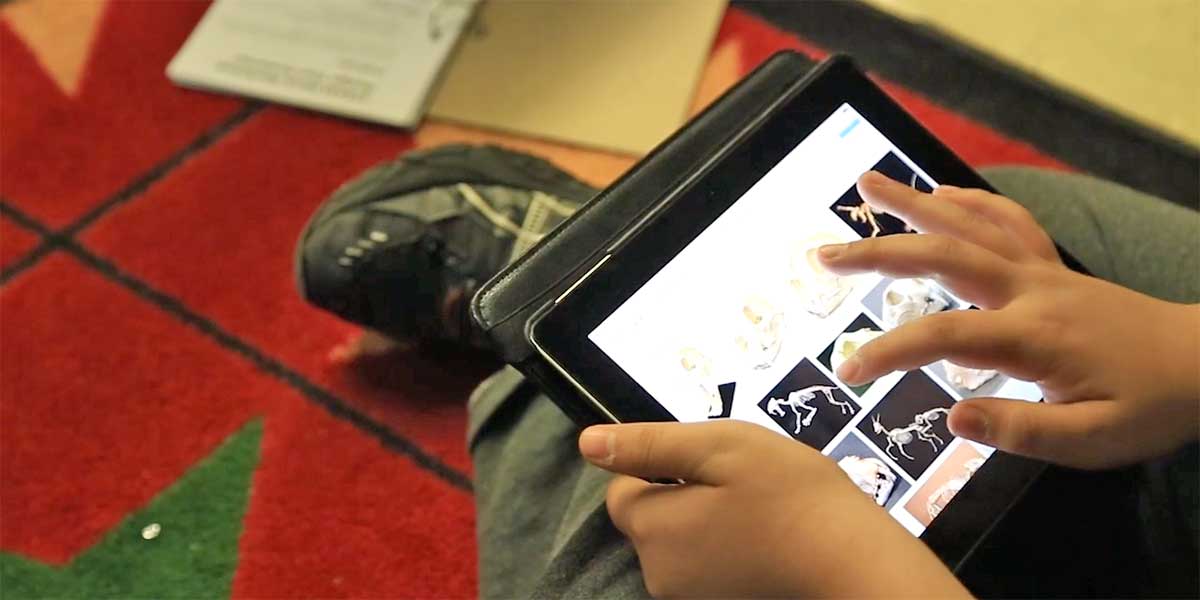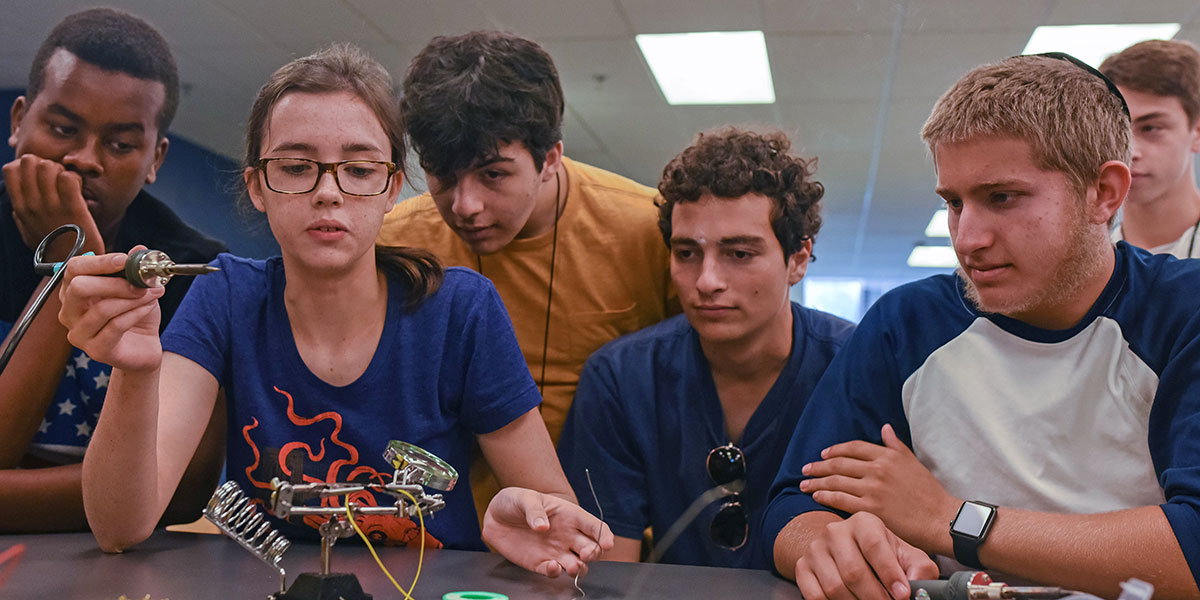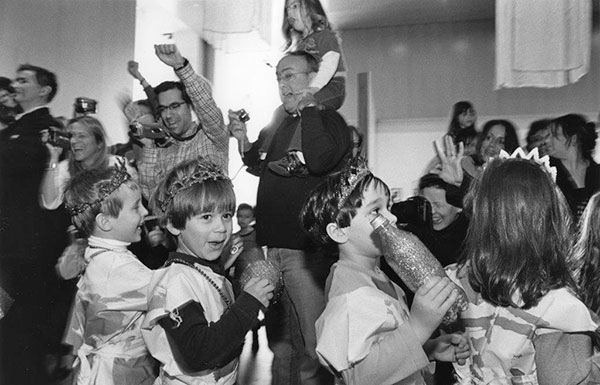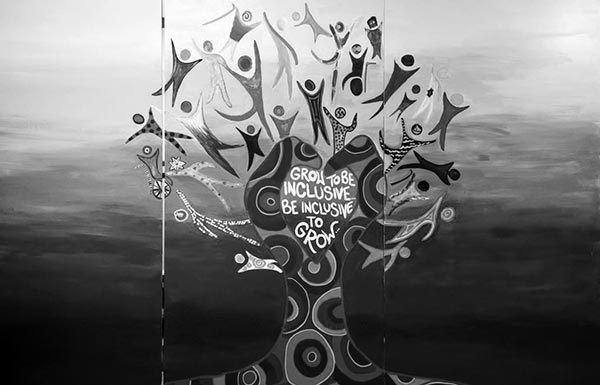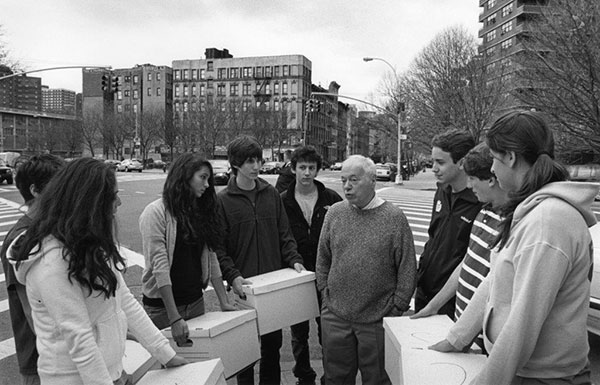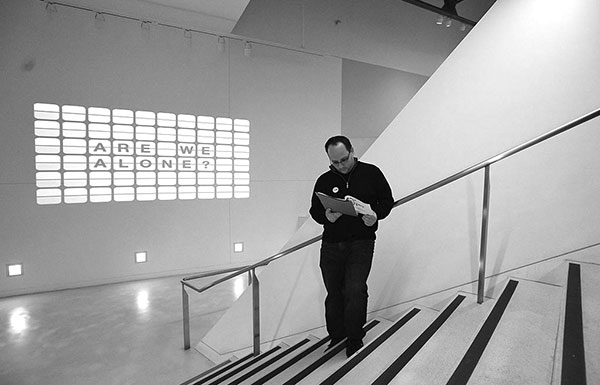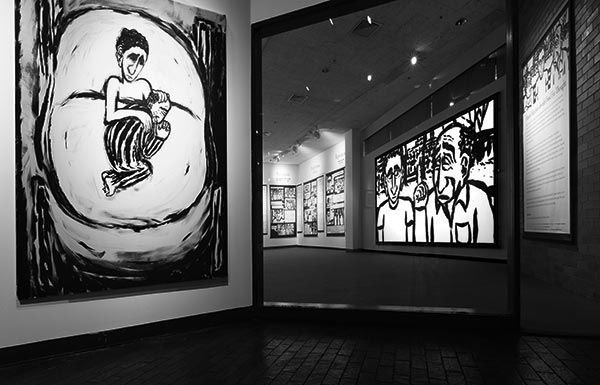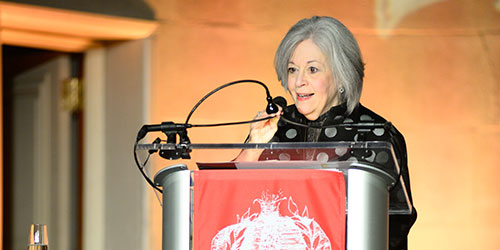
ARTICLE On Being a “Nachshon”: Cheryl R. Finkel Talks Leadership and Learning
A Covenant Award recipient and seasoned practitioner, Cheryl R. Finkel has been invested in the field of Jewish education for over 30 years. As the Head of the Epstein School in Atlanta, Cheryl invigorated the Jewish community by growing enrollment at the school from 80 students at her arrival, to over 600 students over the course of her tenure there. Deeply committed to the professional development of her faculty and staff, Cheryl took the experience acquired through her 20 years of leadership at Epstein and shared it with over a hundred new Day School leaders as a member of the Jewish Day School Leadership Institute at the Jewish Theological Seminary. Cheryl also served as a Senior Consultant at Partnership for Excellence in Jewish Education, where she provided management coaching to over 175 schools. Now, after ten years as a Covenant Foundation Board Member, Cheryl’s dedication to Jewish education enters yet another significant phase, as she assumes the role of incoming Chair of the Covenant Foundation Board of Directors.
Last month, we spent time talking with Cheryl about what she’s learned over the course of her career about strong leadership, her hopes for the future of The Covenant Foundation, and it means to be “meshuga la’davar.”

Cheryl Finkel and 2016 Covenant Award recipients
In an essay you wrote for the Covenant of Dreams publication, you describe being influenced by the notion that sometimes, one must step up to a challenge, even if one doesn’t necessarily know how they might accomplish or complete that challenge. How this has notion affected your leadership?
In that essay, I talk about having a small town Jewish background that inspired in me a willingness to take on Jewish assignments that I didn’t really know how to do. I still believe that it’s so important for leaders to be “nachshonim,” to be “initiators.”
To that end, I’ve learned that as a leader, it’s important to be humble. Leaders can’t possibly embody everything that a team or a school or an organization needs. Instead, I’ve learned to be smart about engaging those who do things better than I can, to recognize talent, and to bring that talent onto my team. Jewish education—and education, writ large—has so many content areas, no one could ever master them all. Instead, we should be realistic about managing what we don’t know, and not be afraid to ask questions.
How did that play out, in a personal sense for you, as a Jewish educator?
For 20 years, I studied in the Judaic Studies department at Emory University to make up for the deficit that I felt I had in textual knowledge. Growing up in the mountain town of Asheville, before it was a truly cosmopolitan city, we knew how much we didn’tknow, and we weren’t ashamed to admit it. So I made a commitment to continuous study and improvement. And I’d like to think that that’s really what I brought to my school leadership experience and to my role as a mentor and consultant today. To let what we don’t know inspire instead of shame us, and to always be willing to ask questions, because that’s what drives learning.
How did that notion of asking questions and always being open to new ideas and learning affect your work as Head of School at Epstein?
I had this idea that school should never be the same, year to year. Each fall, when students arrived at school, I wanted their experience to be different, and to be even better than the year before. This translated into a total commitment to everyone’s growth—the students and the teachers. I wanted to ensure that all of my staff was growing annually, in knowledge and capability. After studying at the Harvard School of Education, I had a clear idea of what excellence in the classroom looked like and I was driven to create that level of excellence at Epstein. When translated into a practical sense, this meant that if a teacher wanted to go off and learn something, I supported them, whether or not it was immediately obvious how that study might benefit their particular class. I trusted that if the teacher were intellectually stimulated, that engagement would benefit their students. If someone wanted to go study Chinese art or woodcarving, I would say ‘go study it!’ I wanted my teachers to go out and observe other classrooms and other school spaces. I wasn’t looking for them to come back and say ‘we’re great, we’re doing everything right.’ Rather, I wanted them to come back and say ‘here’s an idea—something we’re not already doing… how can we do this in our school?’
This is a notion that has truly been exemplified through my participation on the Board at Covenant. The board has always had a clear mission: great work is happening in Jewish spaces across the country, but there’s no rigid stamp on what makes a Jewish educator. You can be an animator or an actor or a musician—what’s important is the type of thinking you’re doing, not your job title. And so we’ve remained flexible, we’ve listened to people’s passions. Perhaps they’re making animated films but they’re also making Jewish connections with other artists working on Jewish content in their area. We are listening to what Jewish educators are telling us about what matters, now--not the other way around. It’s crucial that we maintain this level of flexibility and allow practitioners to lead us to the appropriate content, because moment to moment, content will and should change.
Of course, there’s a core principle, and that is to support excellent Jewish education. But we want to hear what people are trying out, what’s working, what’s getting them excited. We want to help encourage those passions. Ultimately, as the head of school and also as the Chair of The Covenant Foundation Board, I think it’s incredibly important to be a generalist. To not become tooattached to any one mode of thinking, but rather, to stay in touch with art and camping and digital learning and professional development and early childhood trends and social justice and supplementary school models and whatever the culture is bringing to the fore at any given moment. We must stay open to it and open to those who can educate and inform us.

Cheryl Finkel with Renee Crown
What was one of the biggest challenges you faced as a Head of School?
The reality for me 20 years ago and I know from my work mentoring Day School leaders today that this is still true: parents are coming to their schools with a wide array of needs and they have so many options, so many different methods they could apply, to instill a strong sense of Jewish identity in their children. Whichever setting you work in, the ability to create excitement in a truly engaging and supportive environment is paramount.
Excitement can’t be faked. You need people working on your team who are truly meshuga ladavar, or, “crazy about the method” which is to say, crazy about Hebrew language study, or Torah study, or informal education—but bottom line: passionate about Jewish learning.
To that end, I don’t see Jewish education as an either-or proposition. There’s no binary here, as in, camp is fun and school is boring. Rather, both school AND camp can (and should) be fun and intellectually challenging! When kids are fully engaged and motivated, they are happy and learning is integrated and seamless. Any educator would agree, regardless of the generation in which they might have taught: development in learning should be joyful.

Cheryl Finkel on Purim at The Epstein School in Atlanta.
What would you like to add about assuming the role at Board Chair?
Observing Eli Evans lead the Board of the Covenant Foundation during his two-decade-plus tenure has been the most amazing education for me --and I think for all of us --on the board. From Eli, I learned how to run a meeting—I thought I knew how until I met him. His tone was welcoming and encouraging, he always provided the 30,000-foot view, offering analysis on where we were going, on what our choices meant for the community. Eli kept an eye and ear toward whether we were reaching the geography we wanted to reach, the content we wanted to affect, the people we thought crucial to highlight and support. Eli modeled a crisp and inviting leadership, a fine balance between fearlessness and humility. From Eli I learned that it’s now my job to connect people, to bring voices in so that we may glean from them and allow them to influence how we support Jewish education. I look forward to partnering with our outstanding professionals at Covenant in prospecting for and engaging fresh ideas, and to always serving as a curious, open and dedicated guide in the field of Jewish education.
* * *
